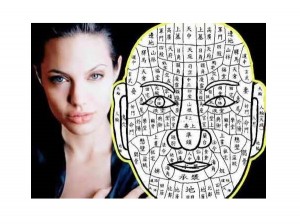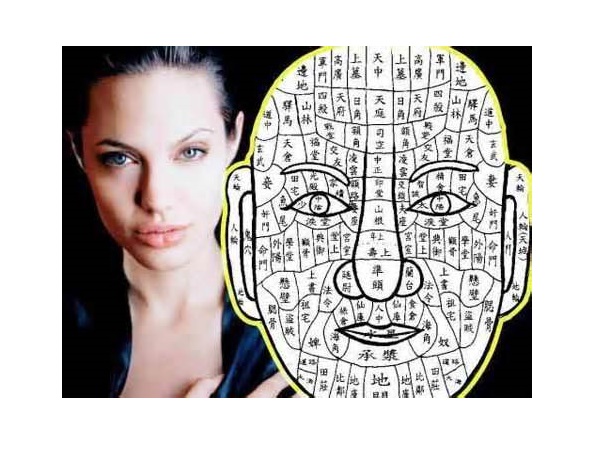
Social science experts agree — much of what we “say” is never actually spoken.
“Facial expressions and other body language account for more than half of our communication,” says Adam J. Scheiner, M.D.,
www.adamscheinermd.com, an international Oculoplastic surgeon who’s been featured on “The Dr. Oz Show” and “The Doctors.”
“When we look at someone, especially when we’re meeting for the first time, we quickly scan the eye and mouth areas of the other person’s face to make some quick judgments: Are they friendly or a potential threat? Are they trustworthy? We form first impressions within 7 seconds of meeting.”
Those first impressions can become misleading due to the normal aging process and damage caused by stress, diet and environmental factors, particularly sun exposure.
“I call them the three D’s of aging: Our skin begins to deteriorate; our faces deflate, making them narrower and wrinkled; and our eyelids and face descend, causing drooping and sagging,” Scheiner says. “All of these can affect what our face communicates to those around us.”
It’s bad enough to communicate something you don’t really feel, he says. It’s worse when people react to that communication so often, such as saying, “You look so tired,” that you actually begin to believe you are tired, he says.
He shares the three common “miscommunications”:
• “People say I look tired when I’m not.”
As we age, our eyelids can begin to droop and look heavy, Scheiner says. The lower eyelid region often develops fullness below the lower lashes due to changes in the fat around the eye and changes in the facial fat of the surrounding cheek region. A lower eyelid height, heaviness of the upper or lower eyelid, or an eyebrow falling into the upper eyelid space can also occur. Whatever the cause, having baggy, puffy eyes can make a person look tired, sleepy, old or sick.
• “People avoid me because they say I look stern, even angry. I’m neither!”
Whether through genetics or aging, eyebrows may lack or lose the arc that opens up the eye area and the entire face. A fairly straight eyebrow can convey a closed, unapproachable personality.
• “People think I’m sick or have no energy.”
The brain expects to see a smooth curve from the temple to the cheek through the jawline to the chin. Any break in the curve is read as a lack of vibrancy. Normal facial aging causes loss of youthful fullness due to facial fat changes. This can cause a break in the curve that translates as a lack of vibrancy. In addition, poorly injected facial fillers can cause unnatural results.
Cosmetic procedures shouldn’t aim to turn you into something you’re not, Scheiner says.
“For rejuvenation, you simply want your face to communicate how you really feel inside. When you accomplish that, it’s so natural, people
will say, ‘Wow, you look great!’ But they won’t be able to put their finger on why.” For the Silo, Ginny Grimsley.
Adam J. Scheiner, M.D. is world-renowned in laser eyelid and facial plastic surgery for his groundbreaking treatment for Festoons. He wrote the medical text on the condition and treated two complex causes of Festoons for the Dr. Oz and The Doctors TV shows.

